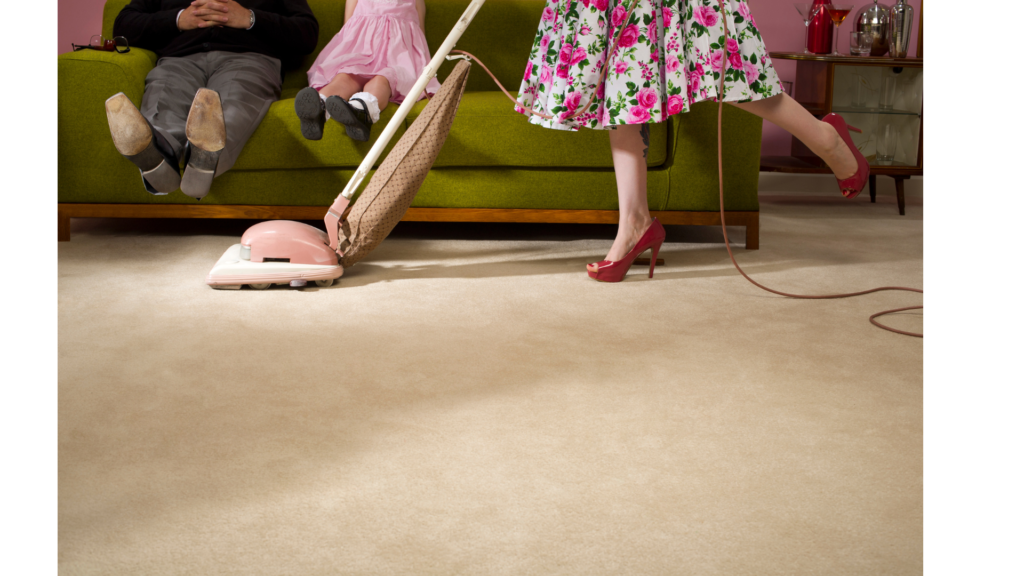In the 1950s, American women began pursuing careers and rejecting traditional roles as homemakers. However, today, some women are choosing to embrace the lifestyle of a 1950s housewife, also known as a “tradwife”. In this article, we will explore this emerging trend and discuss the beliefs and practices of those who identify as “tradwives.”
Estee Williams is a 25-year-old woman from Virginia and a popular TikTok creator who embodies the traditional housewife lifestyle. She calls herself a “tradwife” and considers it her role to meet all of her husband’s needs. Estee strongly believes in traditional gender roles in her marriage, where the husband is the provider and protector while the wife is the homemaker and does not need to financially contribute to the family.
Estee dropped out of college to serve her husband full-time. She makes her husband’s lunch, lays out his clothes for work, and cooks him dinner while he works full-time as an electrician. Estee spends up to five hours a day in the kitchen cooking all meals from scratch and spends two hours a day cleaning the entire house. She invests in hobbies and new skills, such as gardening and figure skating, and creates a homey environment with candles and incense.
Estee and her husband plan to start a family in the next two to three years. Estee believes that homeschooling and promoting a wholesome picture of being a homemaker and tradwife are essential. She promotes the idea that women are happiest when they are at home taking care of the house and family.

Estee also ensures she looks put together every day. She does her hair and makeup, wears a house dress, and does not like to sit around in pajamas. The comments on Estee’s videos are divided, with some supporting her lifestyle and others finding it strange or warning of potential difficulties.
While some women embrace the “tradwife” lifestyle, others find it outdated and limiting. Critics argue that this lifestyle reinforces traditional gender roles that limit women’s potential and reduces them to subservient roles. They also argue that it puts women in vulnerable positions, as they are often financially dependent on their husbands and may be at greater risk of abuse.
However, supporters of the “tradwife” lifestyle argue that it is a personal choice that should be respected. They also argue that traditional gender roles can be empowering, as they allow women to focus on their domestic duties and provide a sense of purpose and fulfillment.
In conclusion, the rise of the “tradwife” lifestyle has sparked a debate about the role of women in modern society. While some women find fulfillment in traditional gender roles, others prefer to pursue careers and reject traditional roles.
However, one thing is clear: if Estee and her husband are happy with their lifestyle, that is all that matters. Ultimately, every woman has the right to choose her own path, and we should respect and support that choice, whatever it may be.












